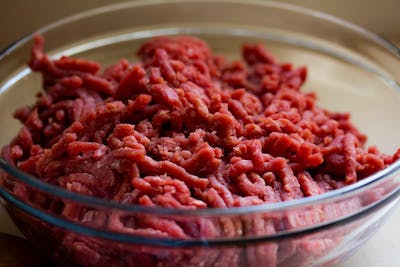
In recent years, the carnivore diet has gained significant attention as a radical approach to eating. Promoting the consumption of exclusively animal products, this dietary trend has sparked controversy and divided opinions among health experts. While it’s true that every diet has its pros and cons, it’s essential to consider the downsides of a carnivore diet before embarking on this extreme eating plan. According to Gene Food, here some cons to the carnivore diet.
Nutrient Deficiencies:
By excluding entire food groups like fruits, vegetables, and grains, a carnivore diet can lead to potential nutrient deficiencies. These plant-based foods provide essential vitamins, minerals, fiber, and phytochemicals that support optimal health. Lack of these nutrients can compromise immune function, increase the risk of chronic diseases, and affect overall well-being.
Lack of Dietary Fibre:
Fibre plays a vital role in maintaining a healthy digestive system and regulating bowel movements. With no plant-based foods in the diet, individuals following a carnivore diet may experience constipation and other gastrointestinal issues due to the absence of dietary fibre.
Increased Risk of Heart Disease:
A diet heavily reliant on animal products tends to be high in saturated fat and cholesterol. Studies have consistently linked excessive consumption of these dietary components to an increased risk of heart disease, stroke, and other cardiovascular problems. Neglecting to include heart-healthy fats, such as those found in nuts, seeds, and fatty fish, further raises concerns about long-term cardiovascular health.
Impact on the Environment:
The environmental impact of a carnivore diet is substantial. Animal agriculture contributes significantly to greenhouse gas emissions, deforestation, water pollution, and other environmental issues. By exclusively consuming animal products, followers of this diet inadvertently contribute to these detrimental effects, exacerbating the already pressing challenges of climate change.
Sustainability and Ethical Concerns:
The carnivore diet raises ethical questions related to animal welfare and sustainable food production. Advocates of this diet often overlook the ethical implications of promoting the consumption of vast quantities of animal products, which can perpetuate inhumane farming practices and unsustainable food systems.
While the carnivore diet may appeal to those seeking drastic weight loss or certain health improvements, it comes with several significant downsides. Nutrient deficiencies, lack of dietary fibre, increased risk of heart disease, environmental impact, and ethical concerns are among the key drawbacks. It is crucial to approach any dietary changes with caution and prioritise a well-rounded, balanced approach to nutrition that includes a wide variety of plant-based foods for optimal health and sustainability.
Also see: Best foods to eat for breakfast




